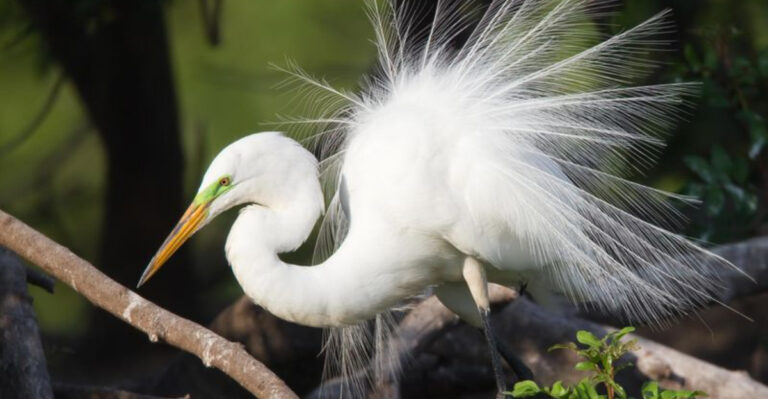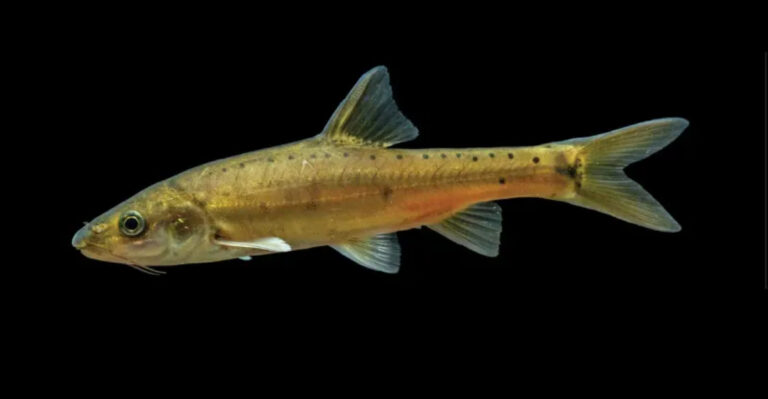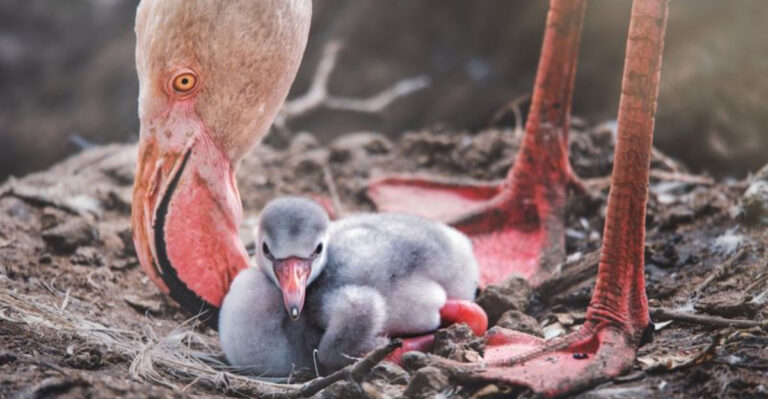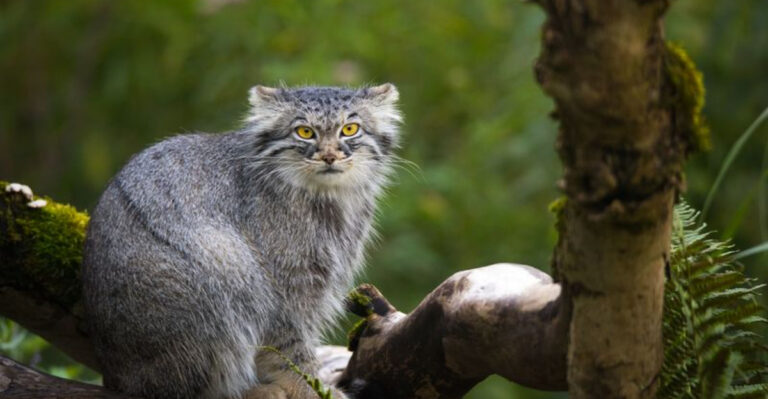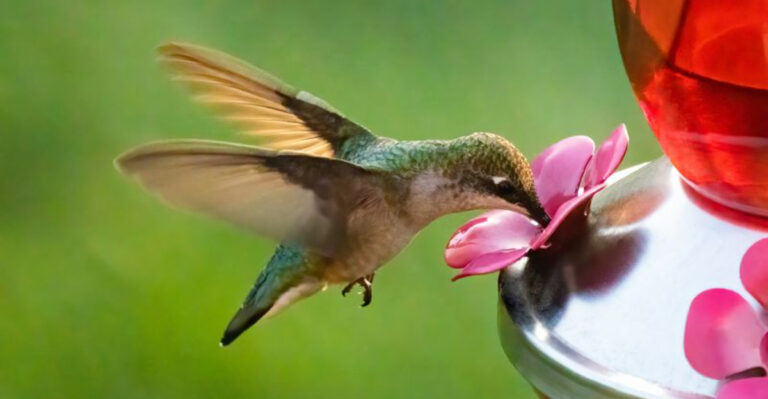Top 15 Most Beloved And Iconic Farm Animals
Farm animals have long been cherished not only for their utility but for their charming personalities and unique traits.
From the woolly sheep grazing peacefully in the pastures to the charismatic chickens clucking around the barn, each animal holds a special place in the hearts of many.
1. Rabbits
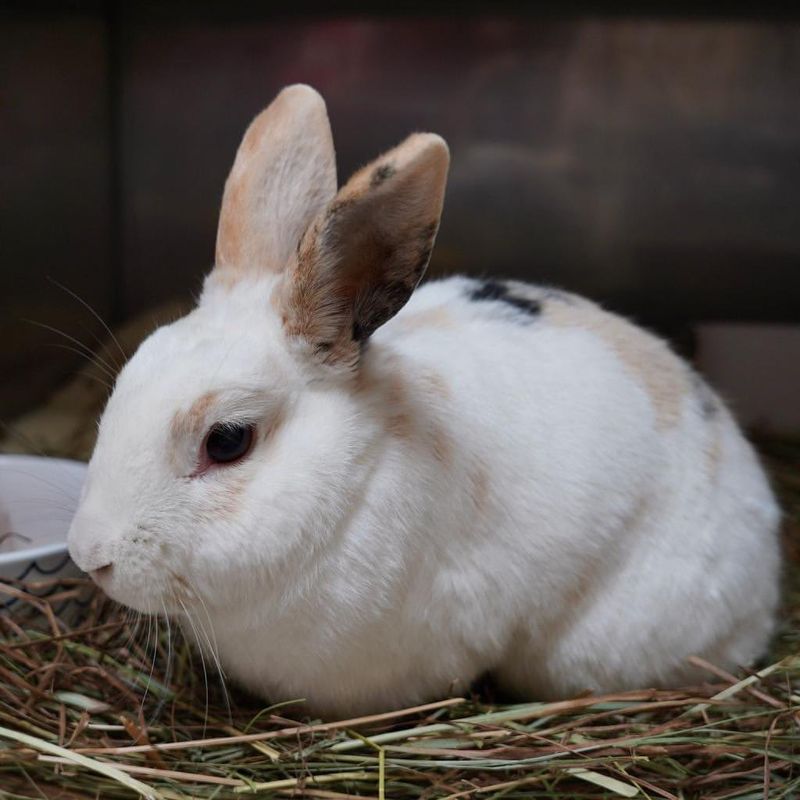
Hopping into the hearts of many, rabbits are adored for their fluffy tails and twitching noses. Often found nibbling on fresh greens, these gentle creatures are a favorite on farms.
Their playful nature and soft fur make them a delight to behold. Whether darting through a field or lounging in the shade, rabbits bring joy and amusement.
With a knack for burrowing, they also highlight the importance of creating safe environments on the farm. Who could resist such charm?
2. Ducks
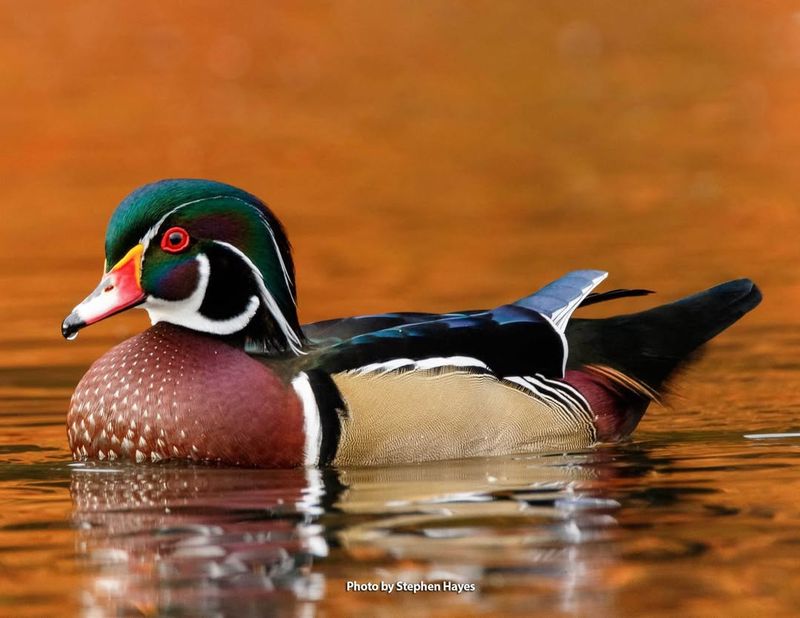
Quacking their way to popularity, ducks are the comedians of the farmyard. Their waddling antics and cheerful quacks never fail to bring smiles.
Paddling across ponds, they showcase grace and playfulness. Ducks are also excellent pest controllers, feasting on insects and weeds.
Their eggs are a bonus, offering a rich alternative to chicken eggs. With their vibrant personalities, ducks are more than just birds; they’re farmyard entertainers.
3. Geese
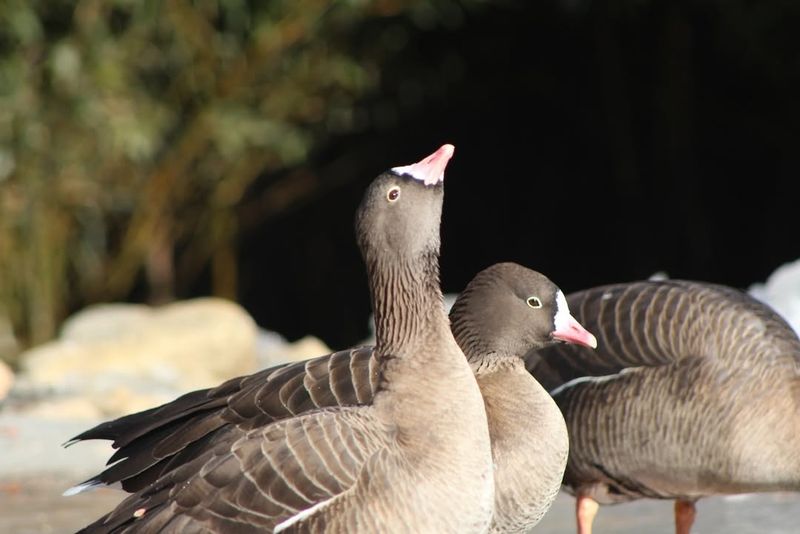
Guardians of the barnyard, geese are famed for their protective nature and loud honks. These birds are more than meets the eye, offering both companionship and security.
Their elegant appearance masks a bold demeanor, as they fearlessly ward off intruders. Geese are also known for their migratory marvels, showcasing the wonders of nature.
Whether gliding on water or strutting on land, geese add a majestic touch to any farm.
4. Guinea Fowl
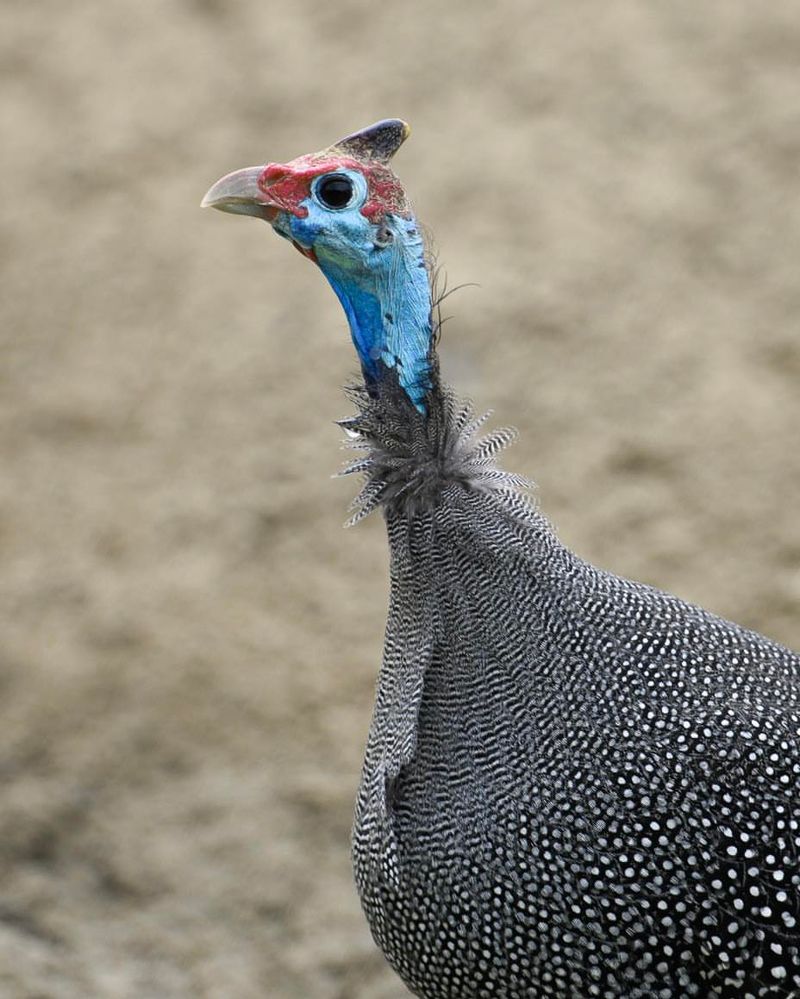
With their unmistakable polka-dotted feathers, guinea fowl are the fashionistas of the farm. Their striking appearance is matched by a lively personality.
Known for their keen eyesight, they act as vigilant watchdogs, alerting farmers to any unusual activity. These birds are also natural pest controllers, keeping the farm free of unwanted insects.
Their quirky calls and spirited behavior make them delightful farm companions, turning heads wherever they go.
5. Mules
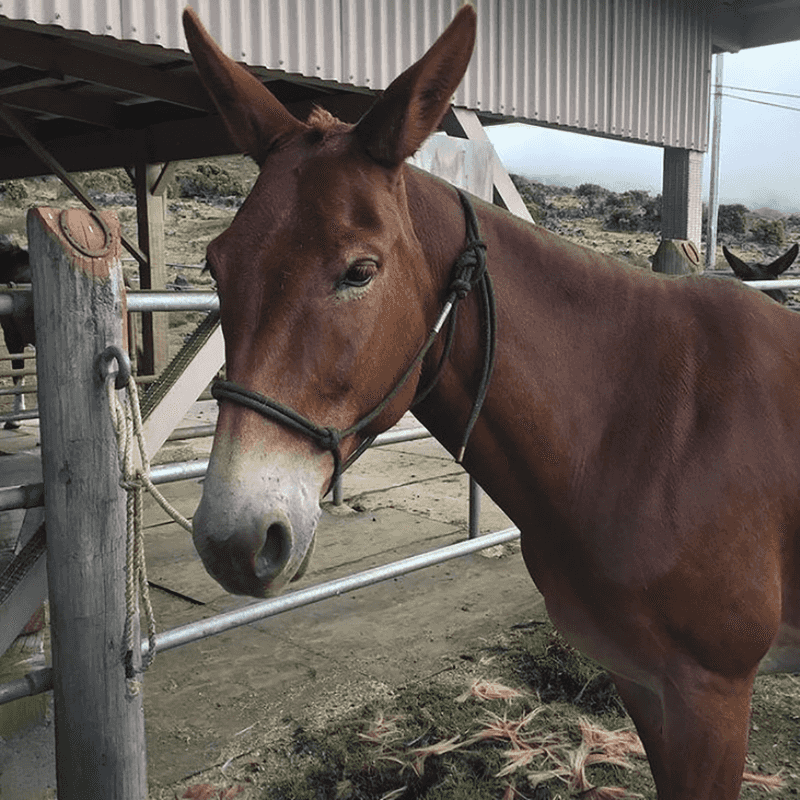
Mules combine the best traits of horses and donkeys, known for their resilience and strength. These hardworking animals are a testament to endurance and patience.
Often seen carrying heavy loads, mules make light work of tough tasks. Their intelligence and sturdy build ensure they handle farm duties with ease.
Beyond their labor, they offer companionship, with gentle eyes and a calm presence. Mules are the unsung heroes of the farm world.
6. Cattle

Cattle are the backbone of many farms, providing milk, meat, and more. Their serene presence and gentle eyes evoke a sense of calm and stability.
Known for their collective nature, they graze contentedly across vast pastures. Cattle represent abundance and nourishment, essential to agricultural life.
With varied breeds offering different traits, they adapt to diverse farming needs. Cattle’s contributions make them invaluable farm residents, embodying plenty and grace.
7. Pigs
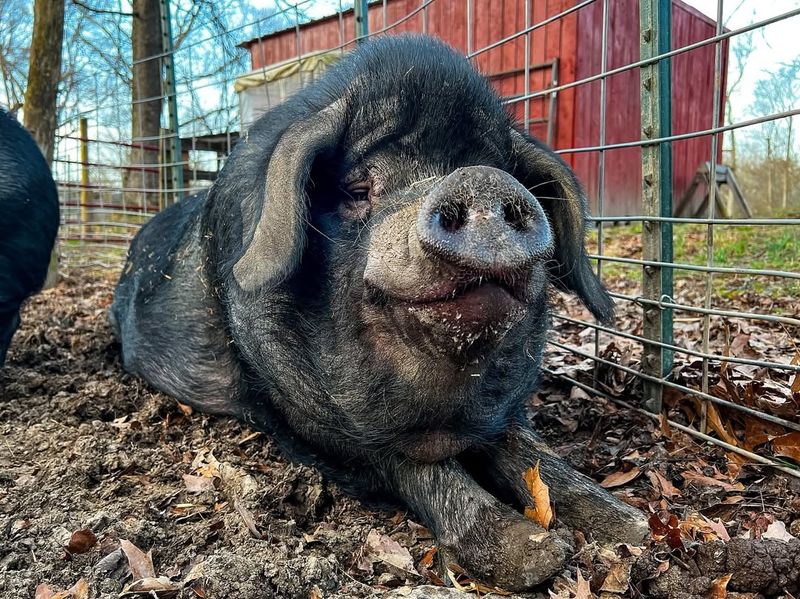
Pigs are often unfairly judged by their love for mud, but these intelligent creatures are anything but dirty. With curious snouts and lively personalities, they’re full of surprises.
Renowned for their intelligence, pigs quickly learn routines and tricks, often forming strong bonds with their human caretakers. Their playful nature and communicative grunts add charm to any farm.
From providing pork to nurturing land through rooting, pigs are multifaceted in their farm roles.
8. Horses
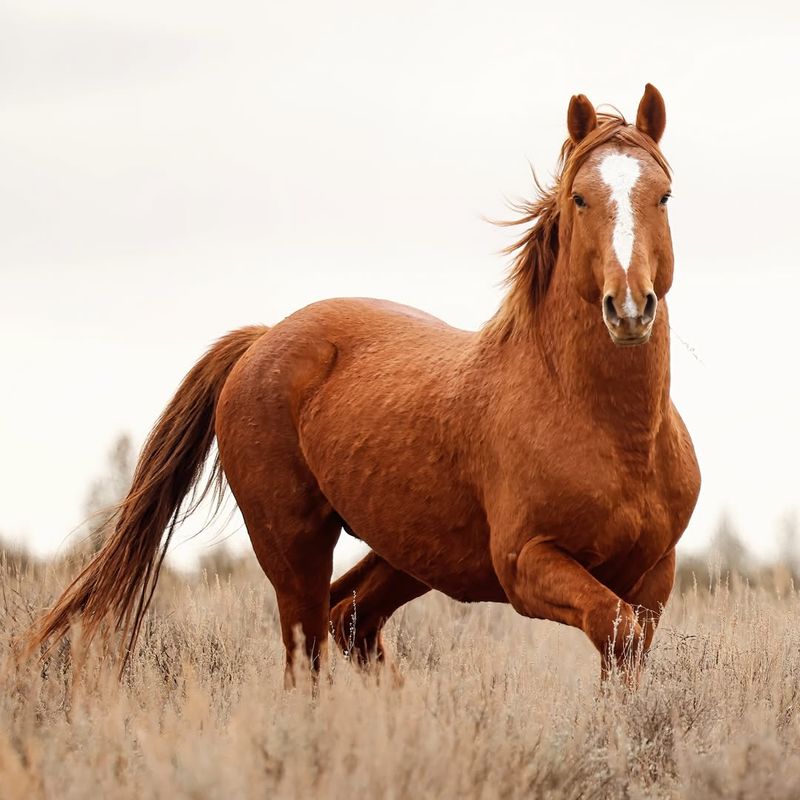
Horses symbolize freedom and elegance, galloping across open fields with unrivaled grace. Their strong build and gentle eyes captivate hearts worldwide.
Used for transportation and work, horses adapt to various farm needs with ease. Their loyalty and intelligence make them cherished companions, forming deep connections with their riders.
Beyond work, they offer joy through riding and sport, embodying beauty and power on the farm.
9. Donkey
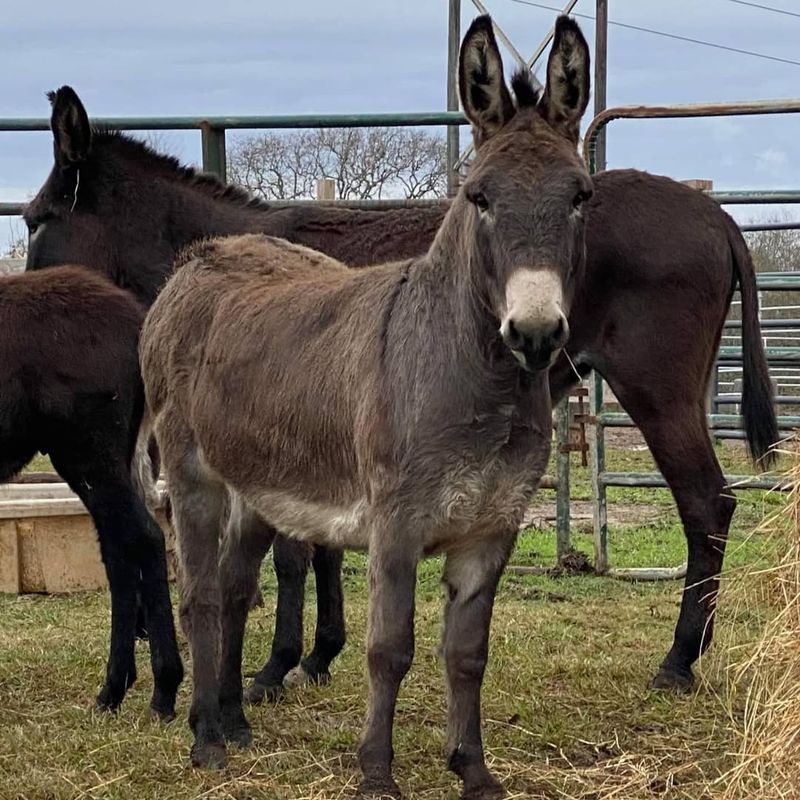
Donkeys may be underestimated, but their strength and endurance are remarkable. Known for their stubborn yet loving nature, they’re loyal to a fault.
Often used for carrying loads, donkeys perform tasks with patience and persistence. Their braying calls and soft coats make them endearing to many.
With a heart of gold, a donkey’s loyalty and hard work shine, proving they’re more than just beasts of burden.
10. Quail
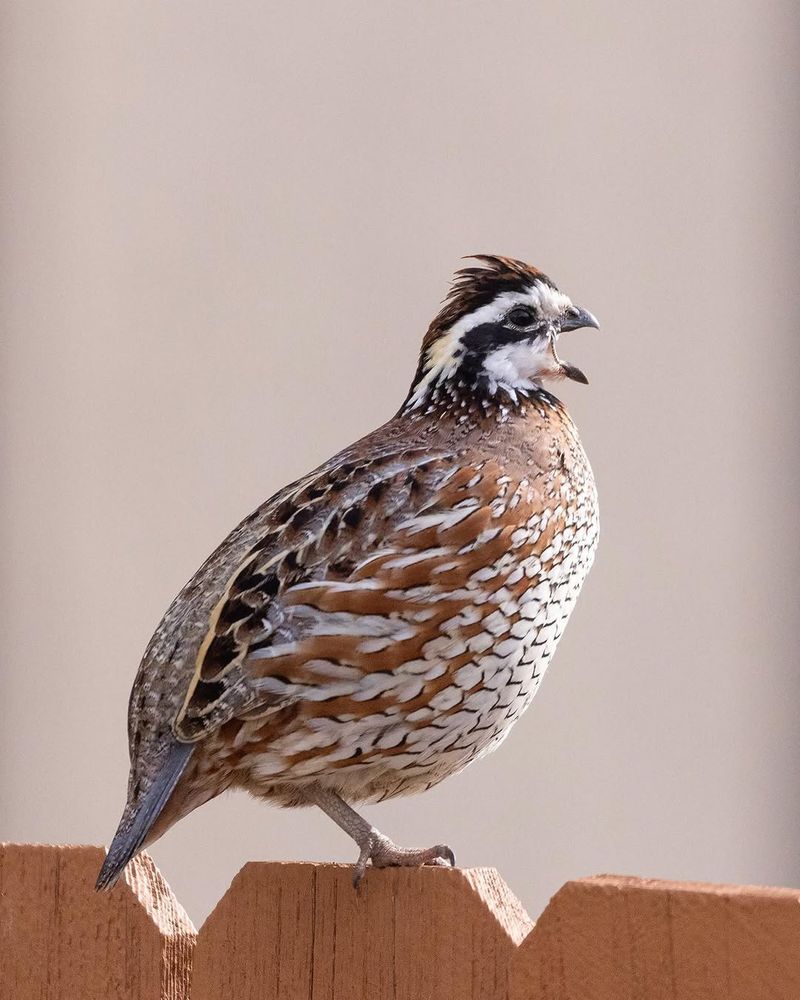
Small but mighty, quails are the hidden gems of the farm. Their speckled feathers and swift movements capture attention effortlessly.
Known for their delicious eggs, quails provide a gourmet touch to traditional farming. Their quiet nature and small stature allow them to thrive in varied environments.
Quails bring diversity to the farm, offering unique contributions that go beyond their size, proving good things come in small packages.
11. Goats
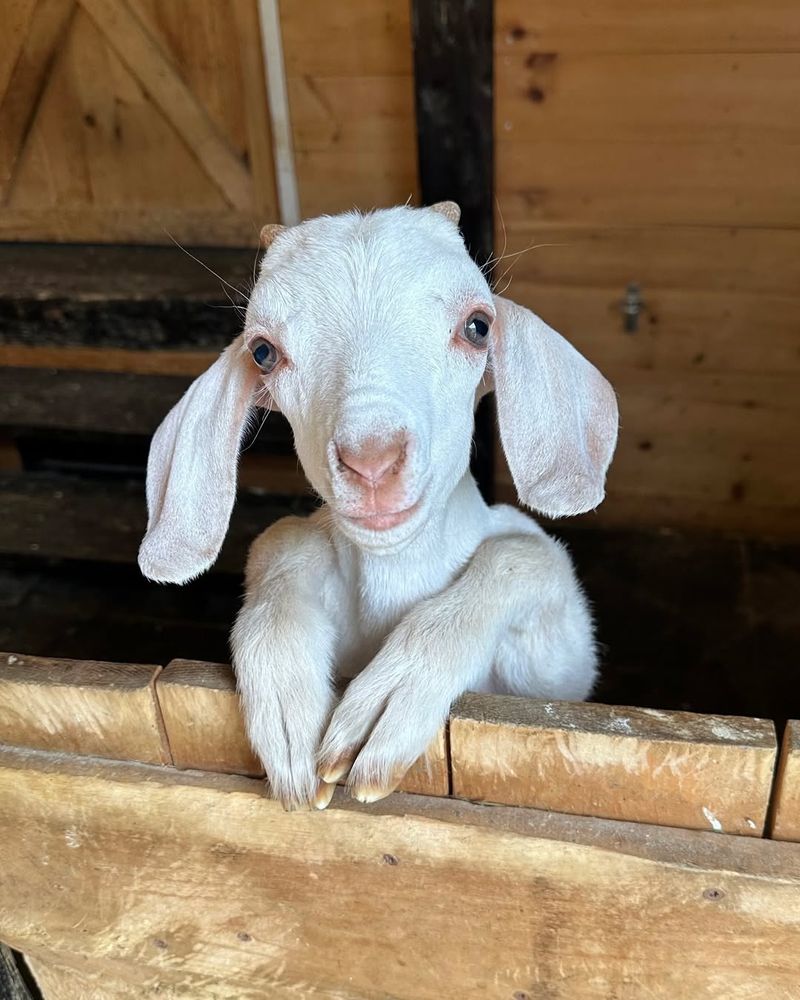
Goats are the comedians of the animal world, with their playful antics and mischievous grins. Known for their agility, they climb and explore with ease.
Providing milk, cheese, and more, goats are valuable beyond entertainment. Their curious nature leads them to investigate everything, keeping farm life lively.
With a knack for getting into trouble, goats teach patience and adaptability. Their versatility and charm make them endearing farm residents.
12. Turkeys
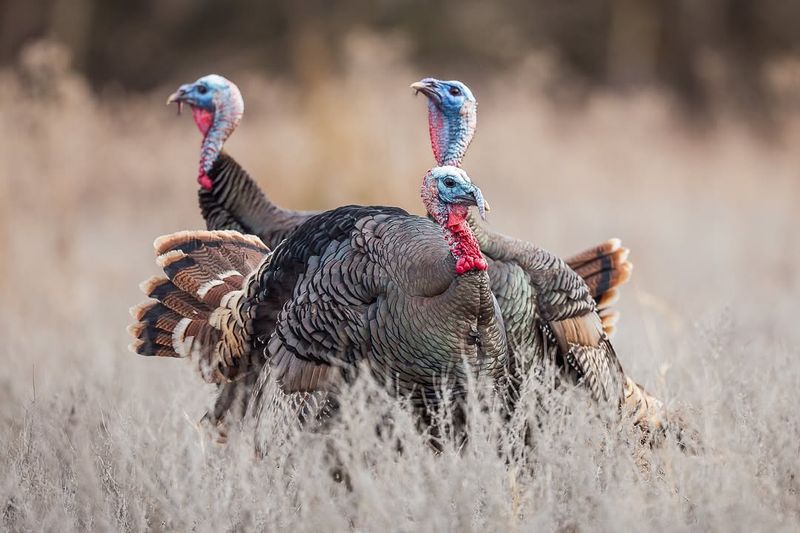
Turkeys strut with confidence, showcasing their impressive plumage and unique personalities. These birds are more than just holiday symbols, offering companionship and utility.
Their curious gobbles and social nature make them engaging additions to the farm. Turkeys also provide meat and feathers, contributing to both sustenance and craft.
With distinctive calls and vibrant displays, turkeys bring character and livelihood to farm life, proving they’re not just for Thanksgiving.
13. Sheep
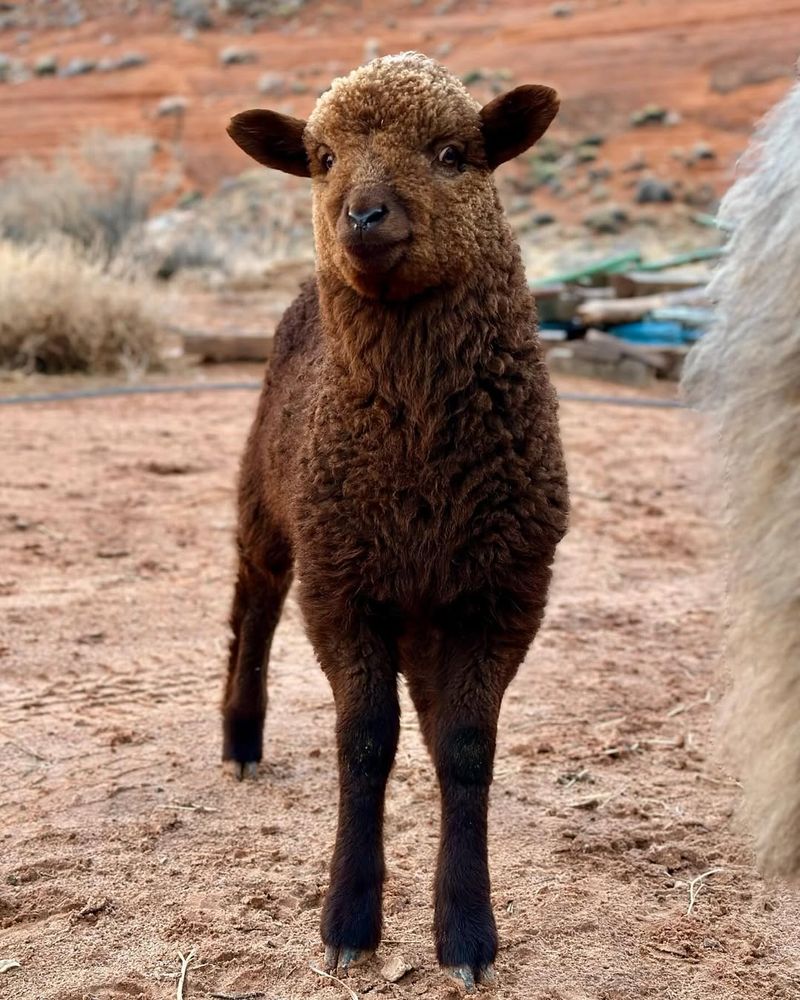
Sheep are synonymous with tranquility, their woolly coats and gentle nature embodying peace. Often found grazing in picturesque pastures, they add serenity to the farm.
Providing wool, milk, and meat, sheep are essential for their versatility. Their calming presence and soft bleats offer comfort to many.
With a knack for forming close-knit herds, sheep demonstrate the beauty of community, enhancing the farm’s pastoral charm.
14. Chickens
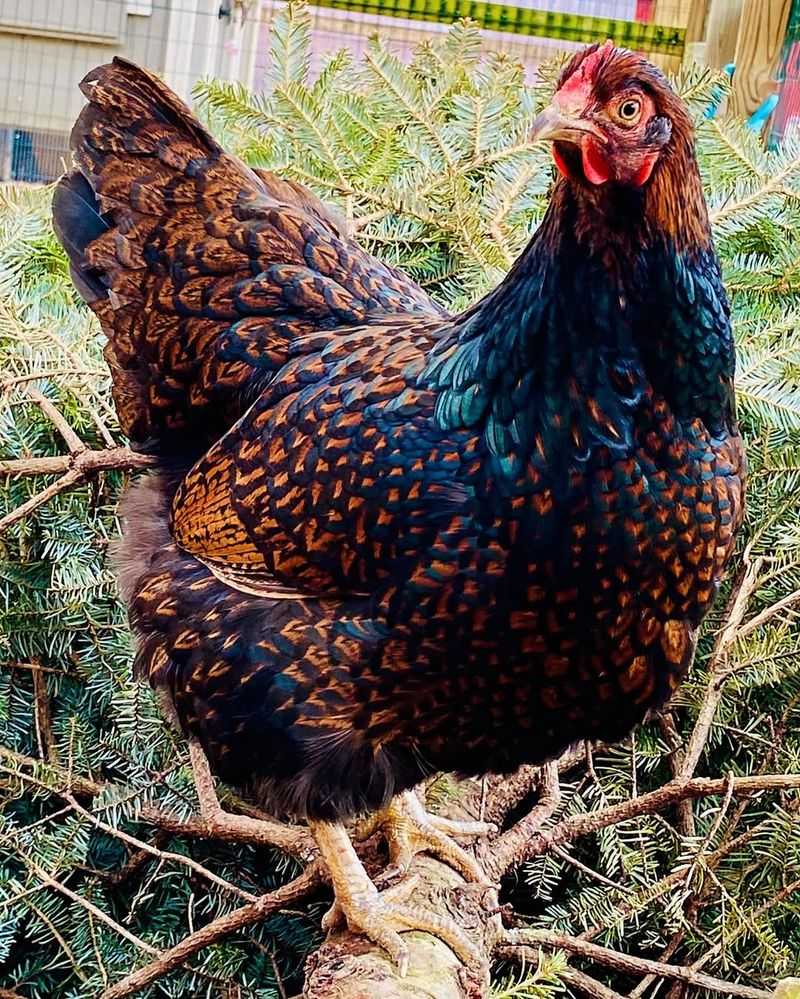
Chickens are the quintessential farm animal, known for their clucking conversations and egg-laying prowess. These lively birds bring life and productivity to any farmyard.
With diverse breeds offering varied egg colors, chickens delight in surprise and functionality. Their pecking and scratching aid in pest control, showcasing nature’s balance.
As social creatures, they form intricate hierarchies, adding dynamic energy to farm life, proving they’re more than just egg providers.
15. Cows
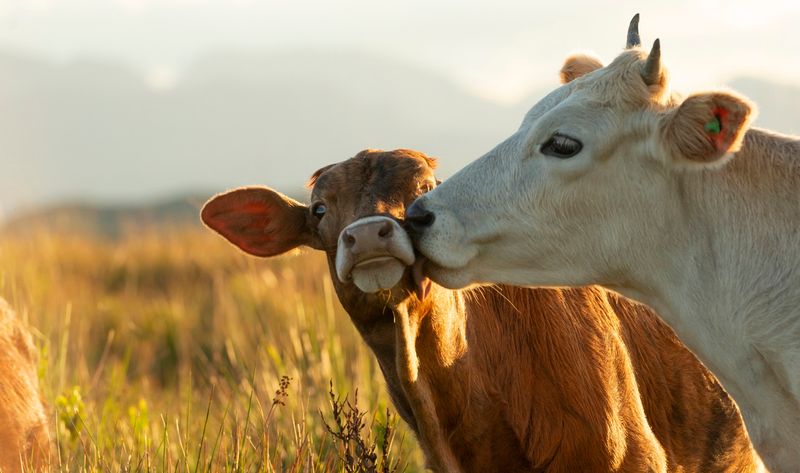
Cows are the gentle giants of the farm, known for their nurturing presence and valuable contributions. Their big eyes and calm demeanor invite affection from many.
Providing milk, beef, and leather, cows are indispensable in agriculture. Their rhythmic chewing and low mooing create a soothing farm symphony.
Cows’ ability to form bonds and recognize individuals adds depth to their relationship with humans, ensuring they’re both beloved and essential.

